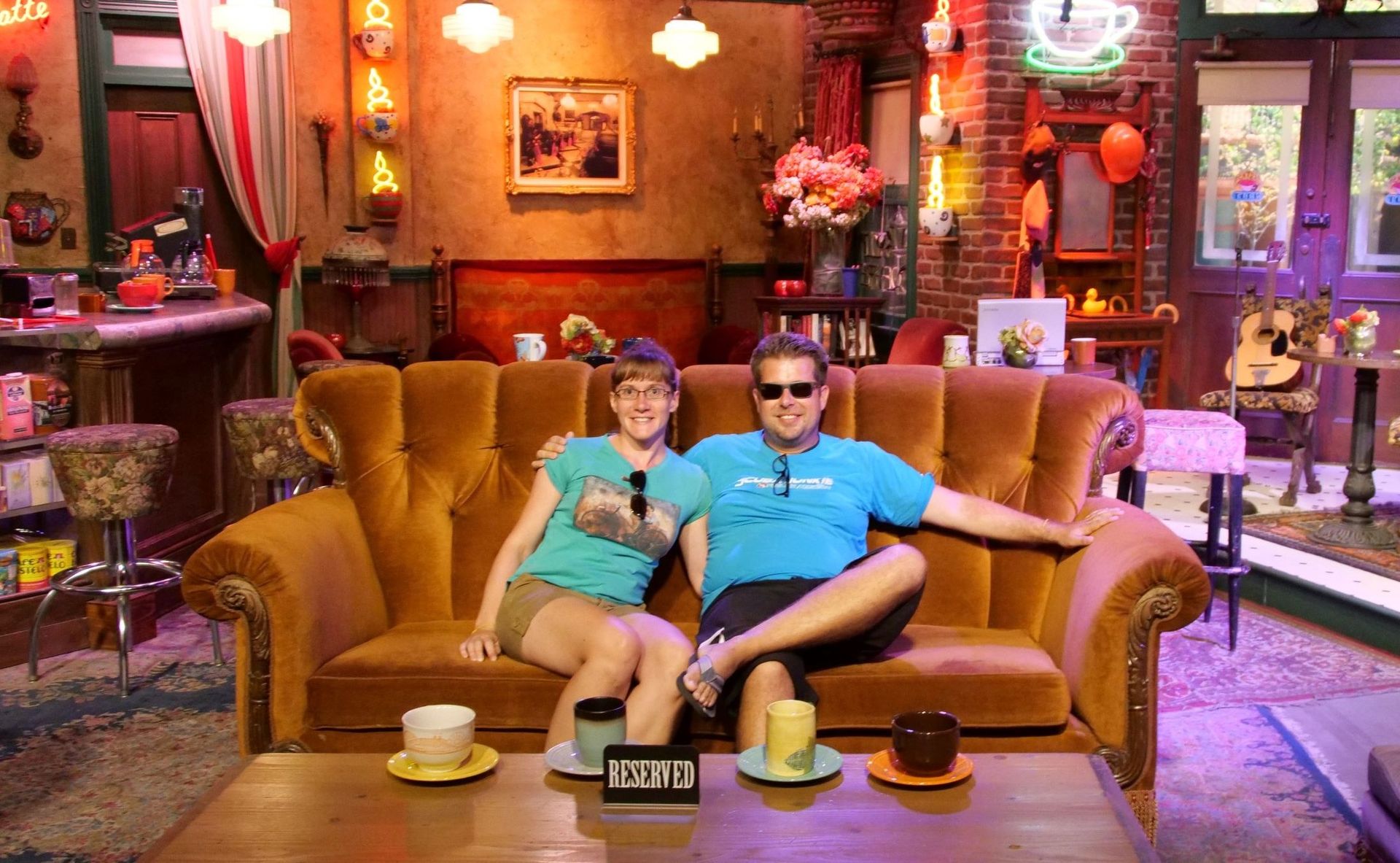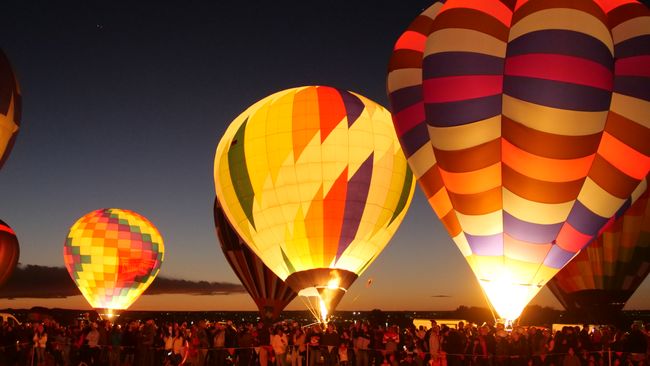13/03/2023 to 14/03/2023 - La Paz / Bolivia
La daabacay: 22.03.2023
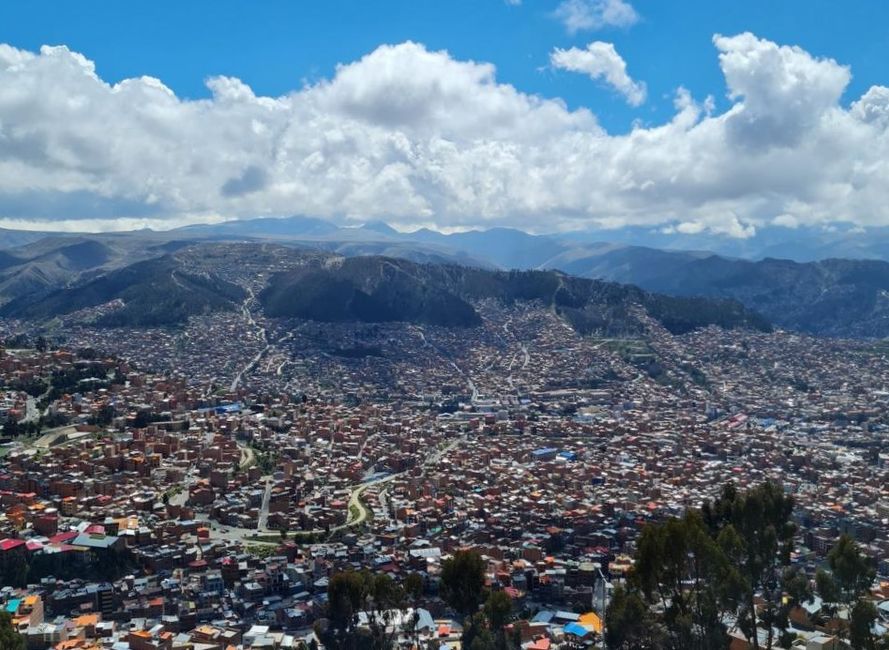
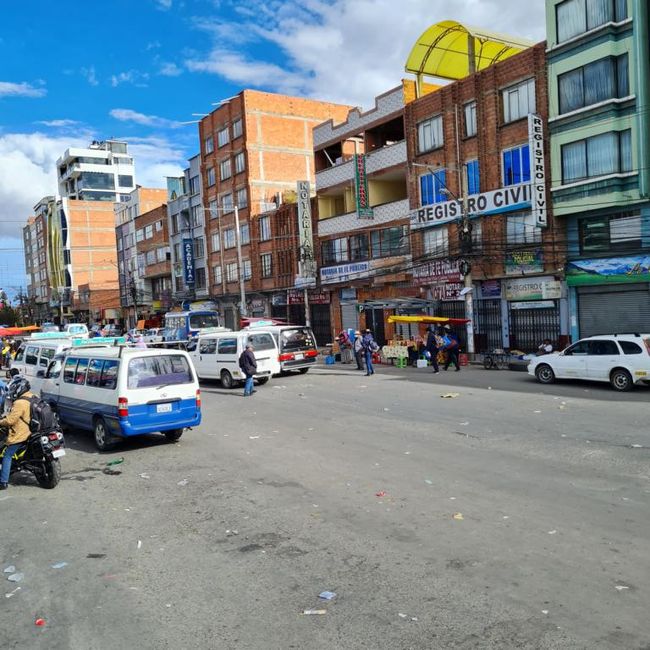
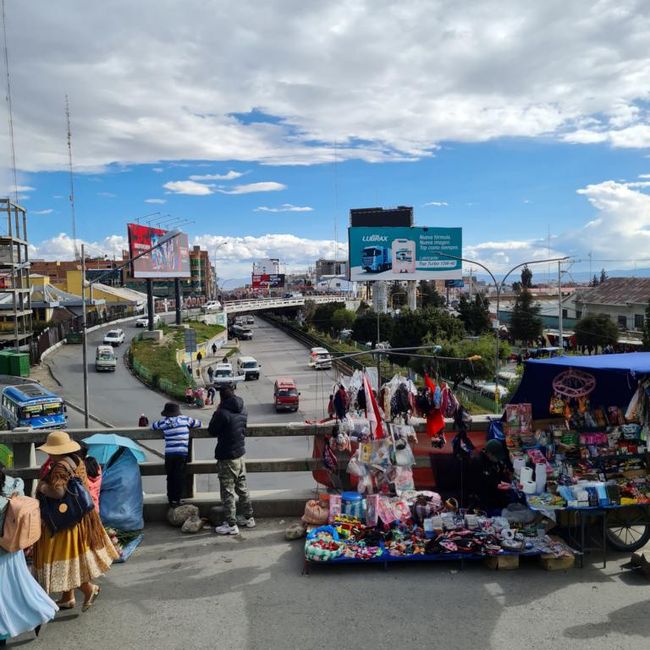
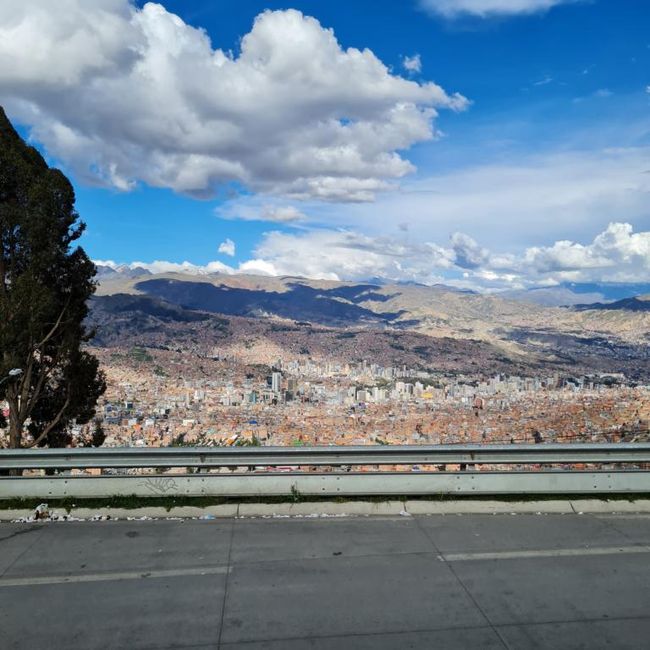
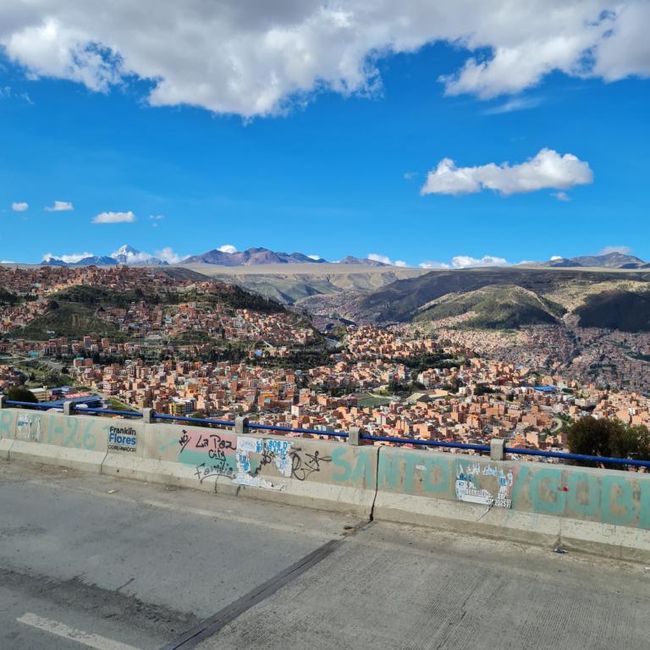
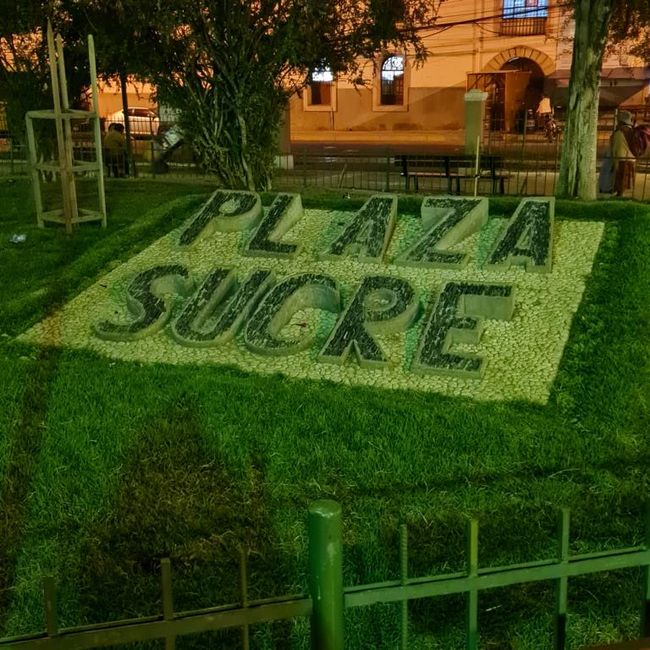
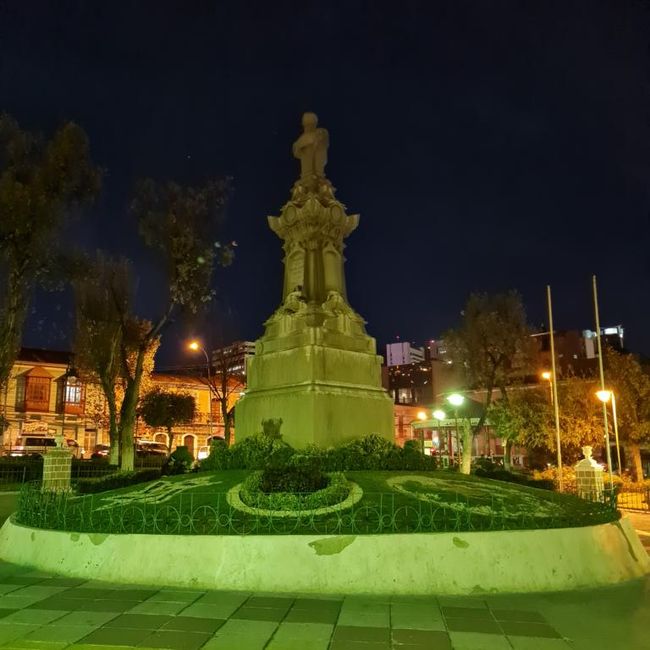
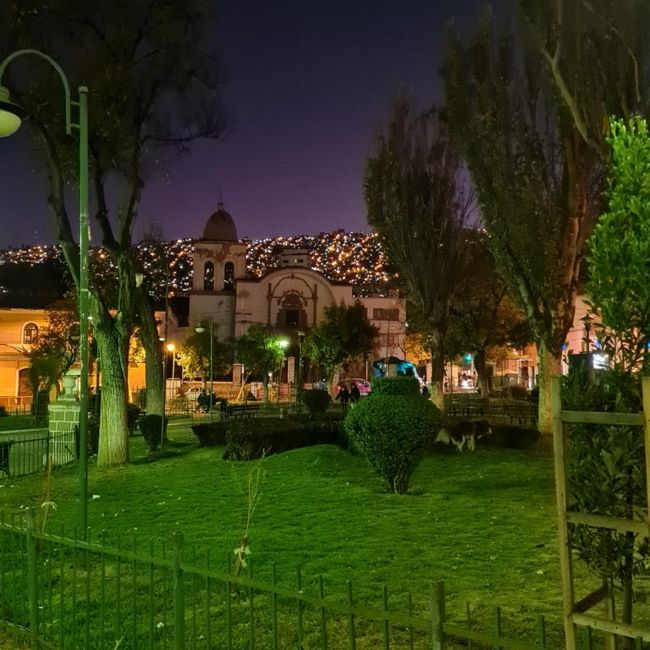
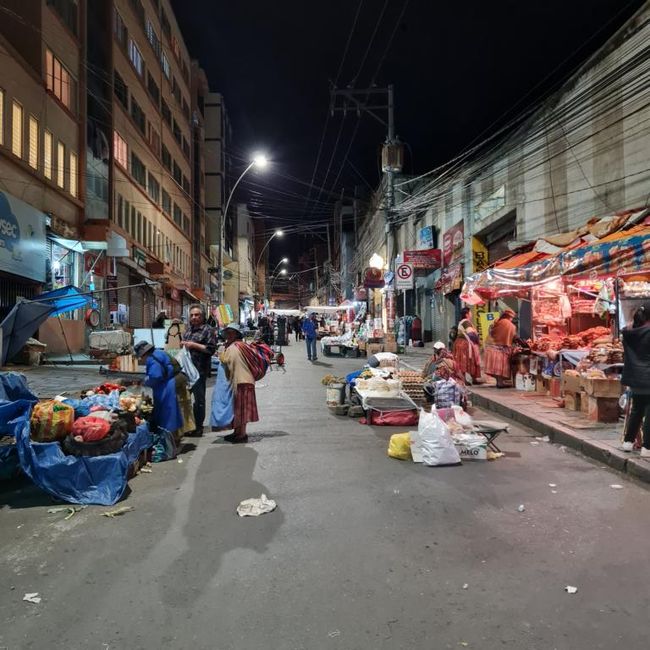
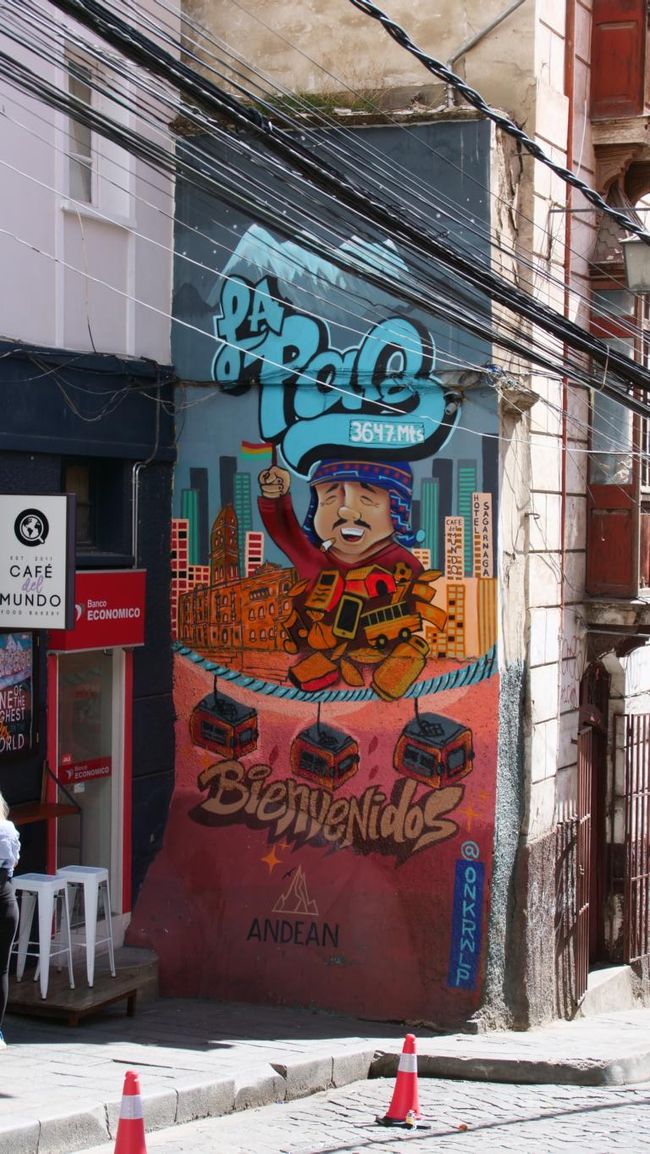
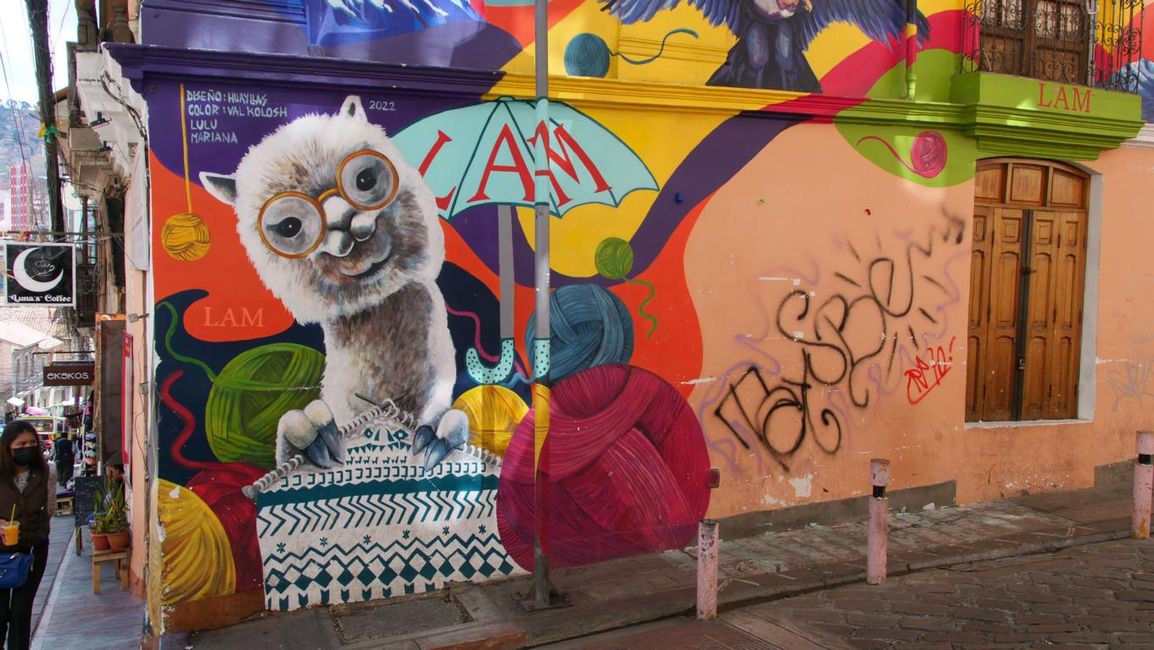
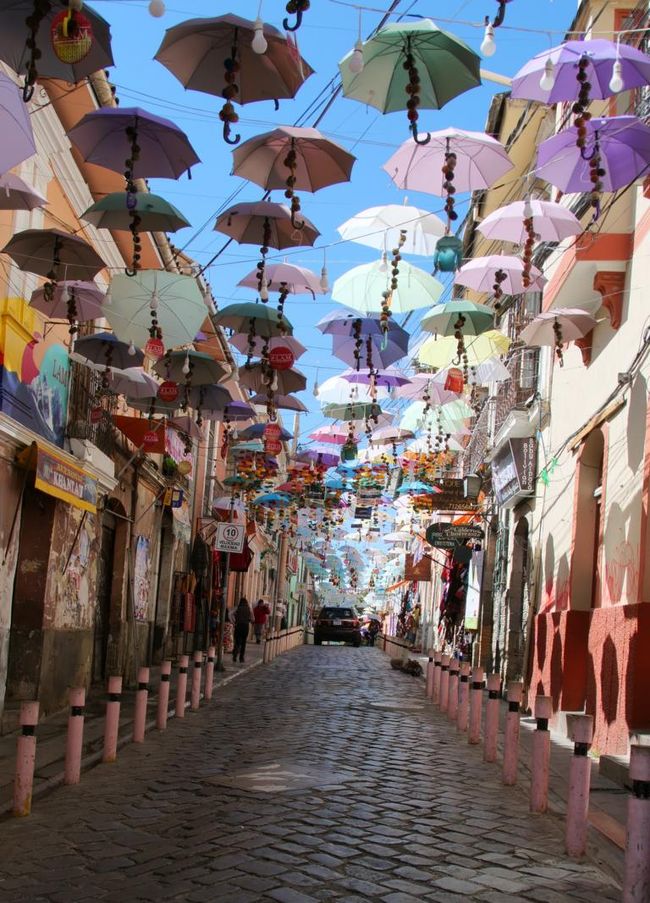
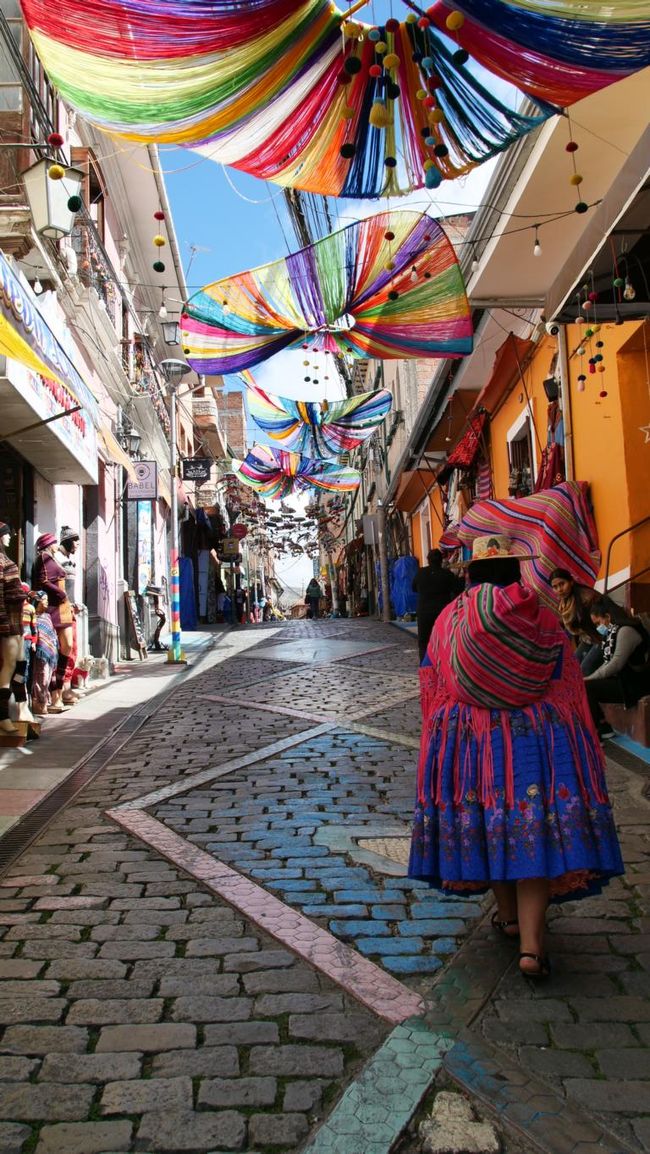
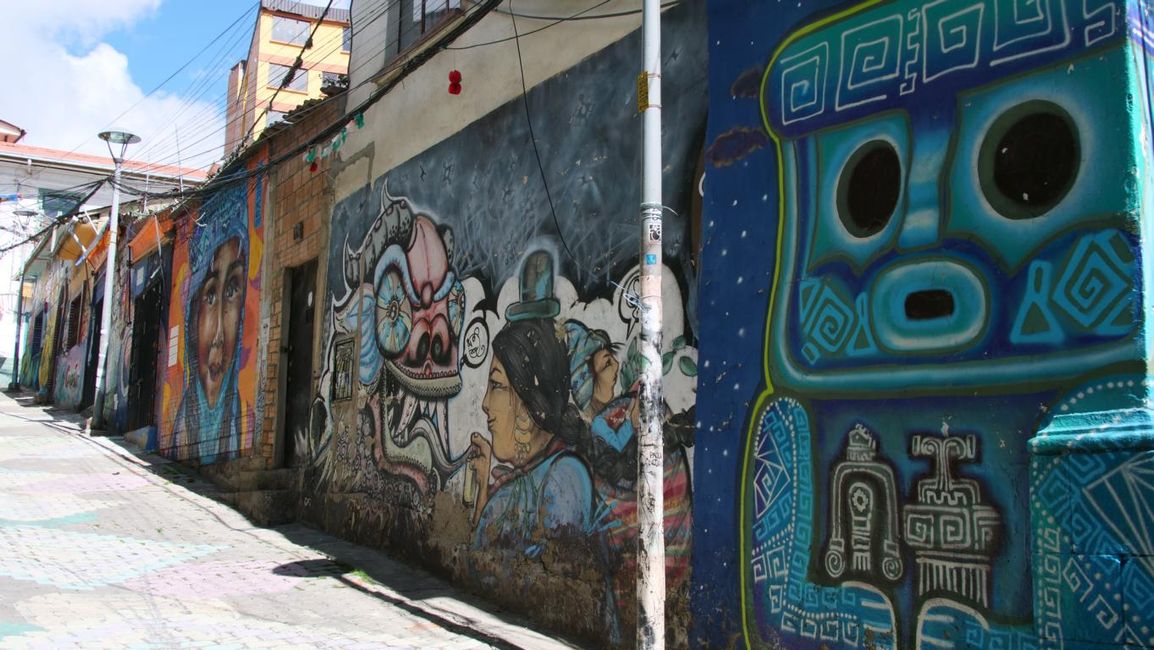
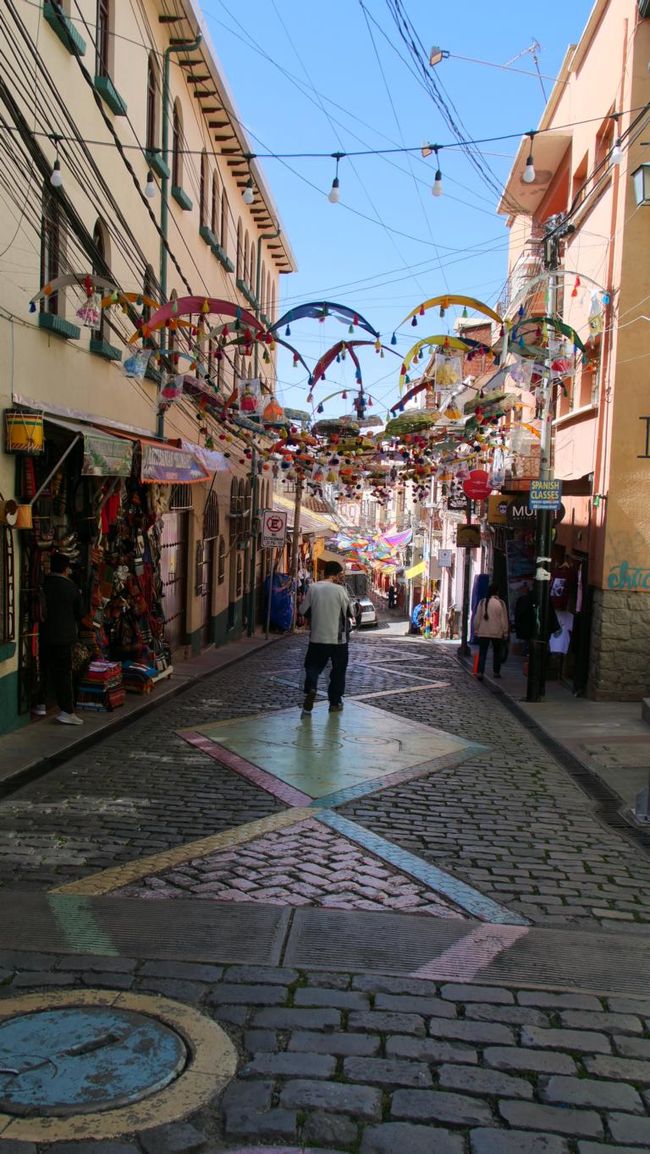
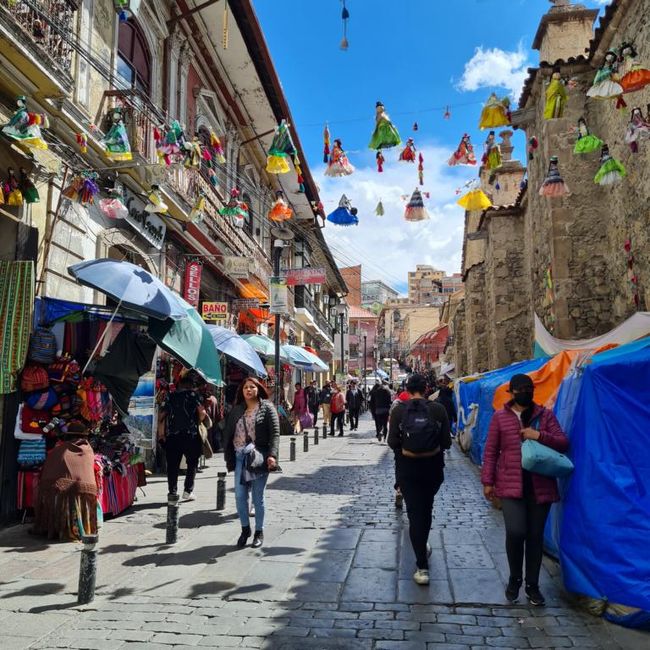
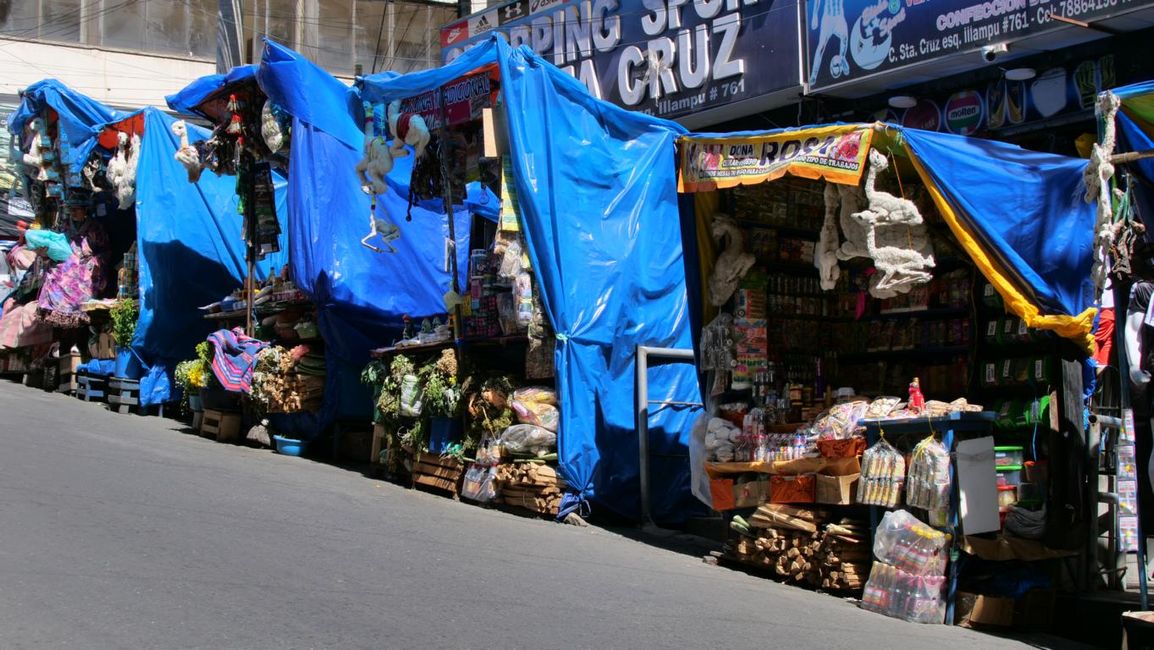
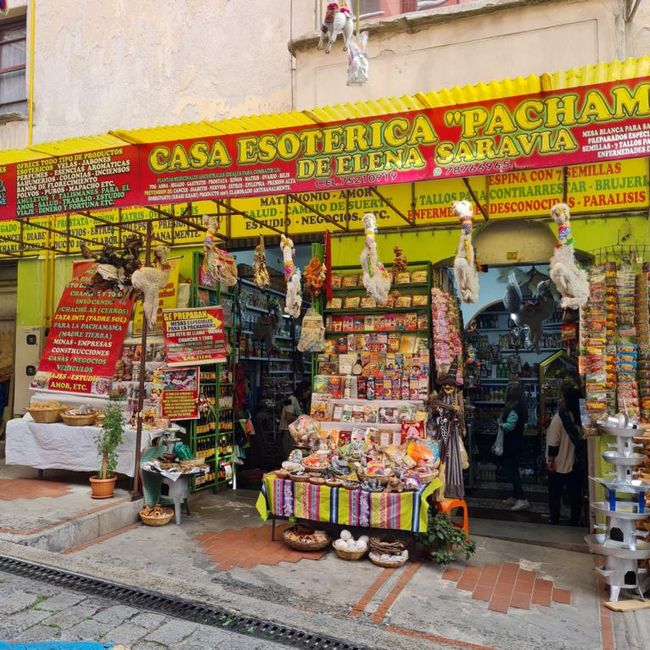
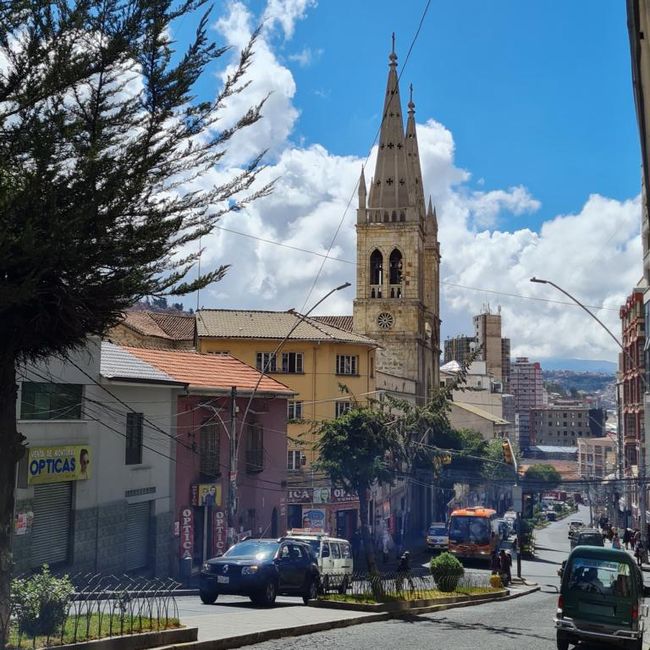

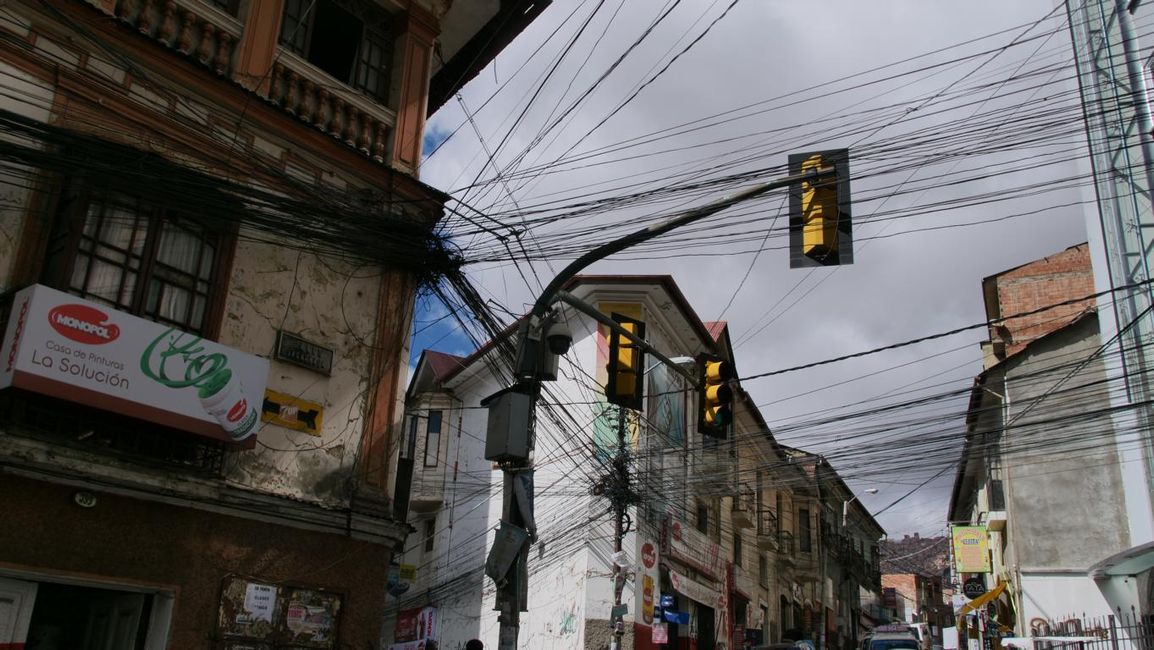
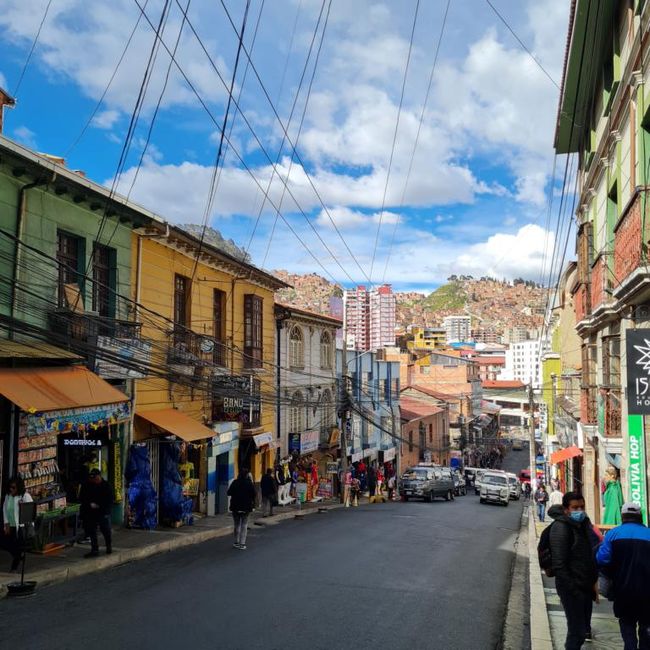
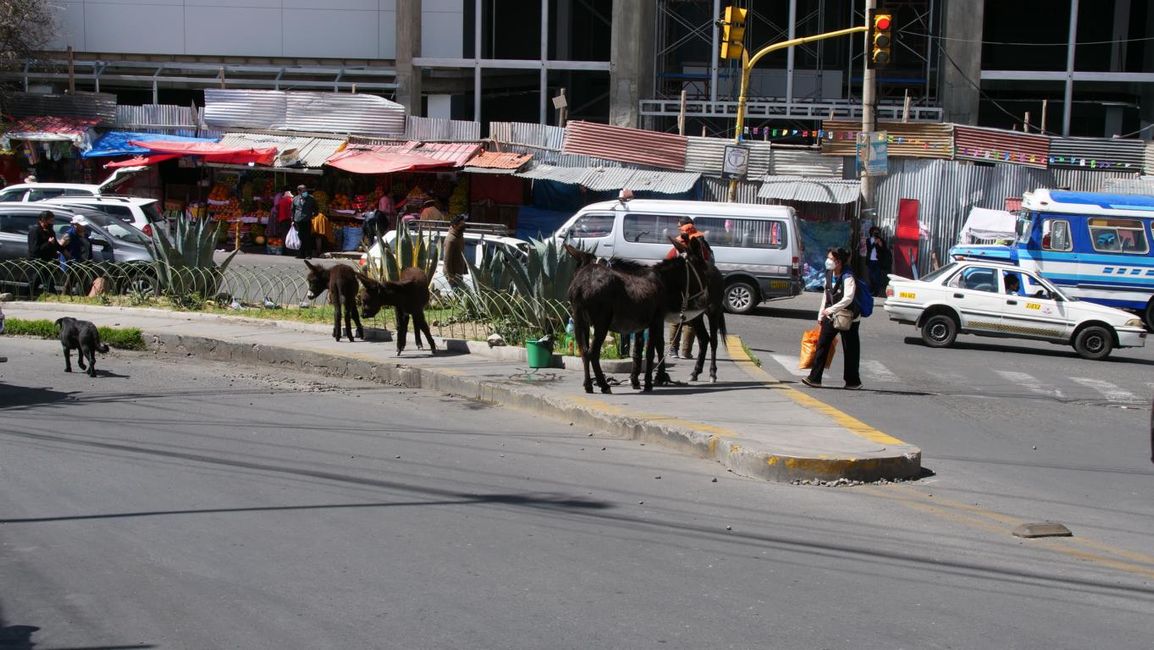
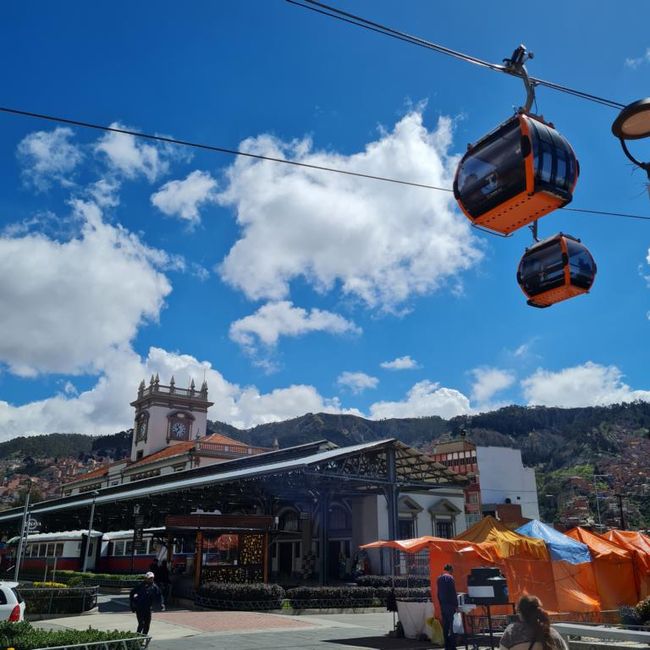
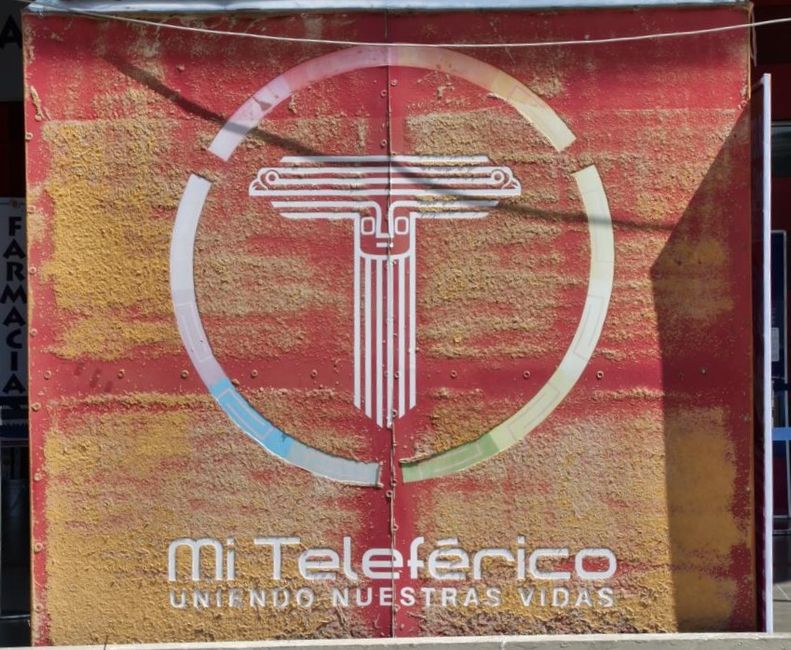
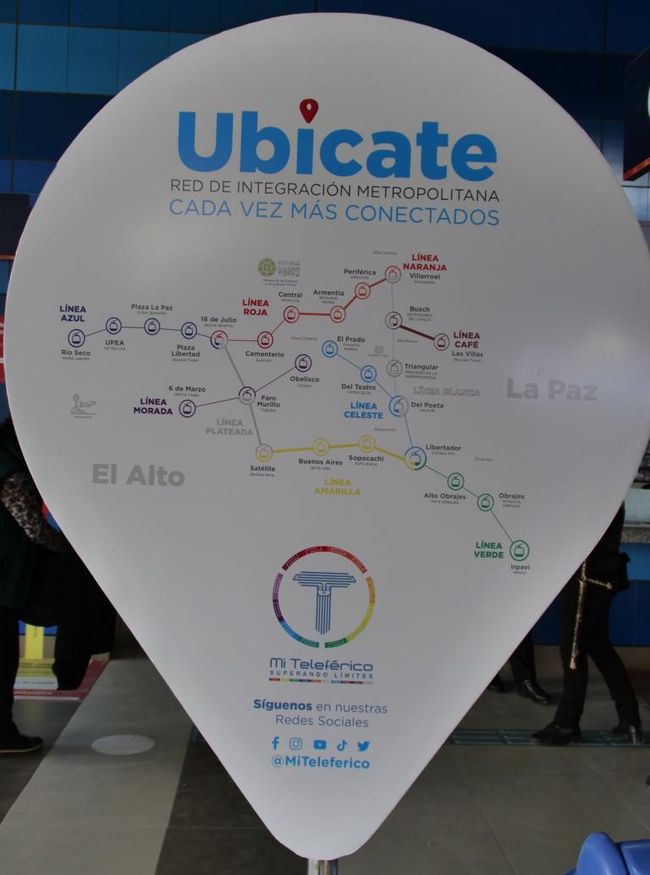
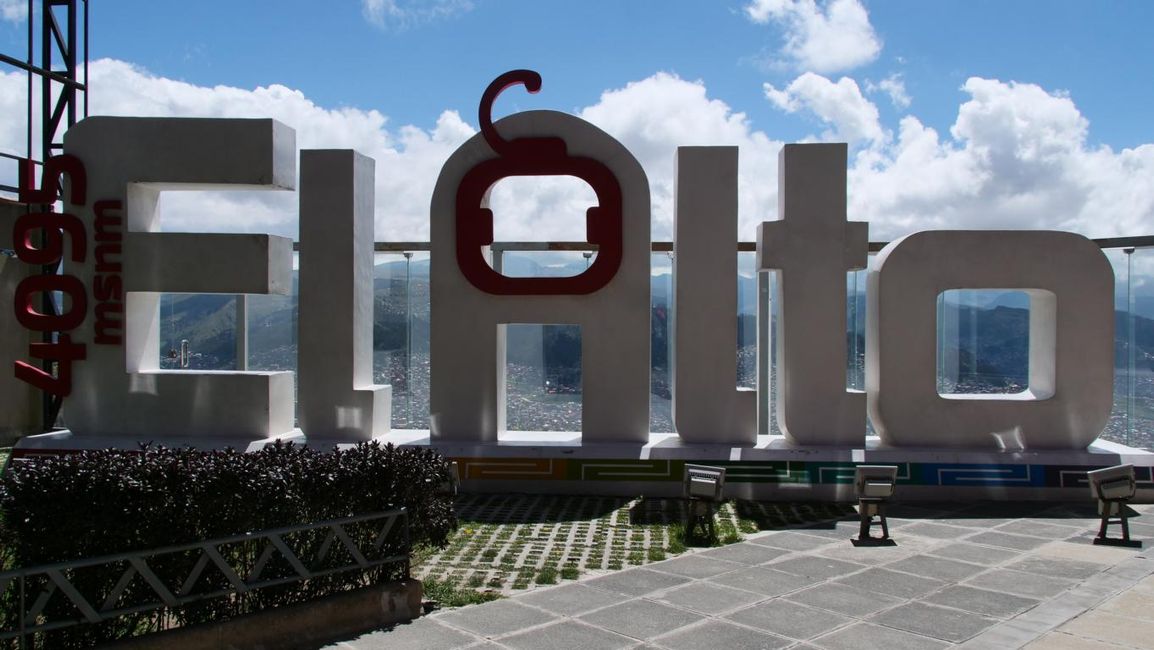
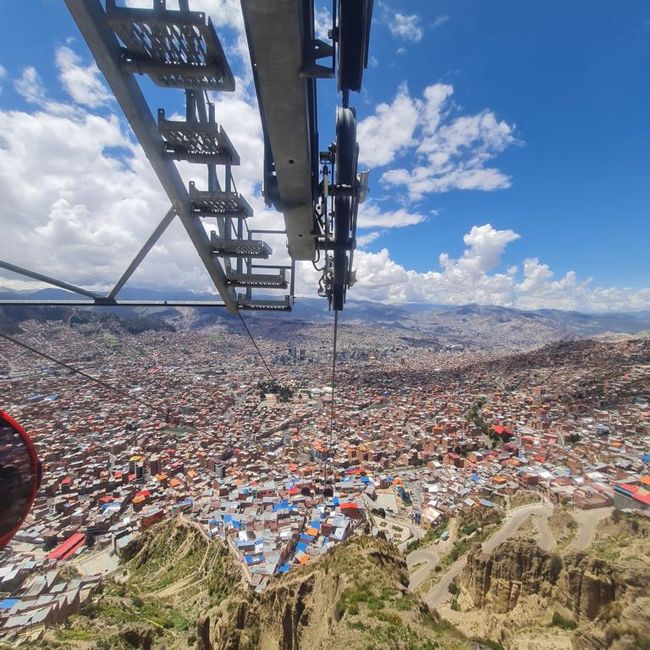
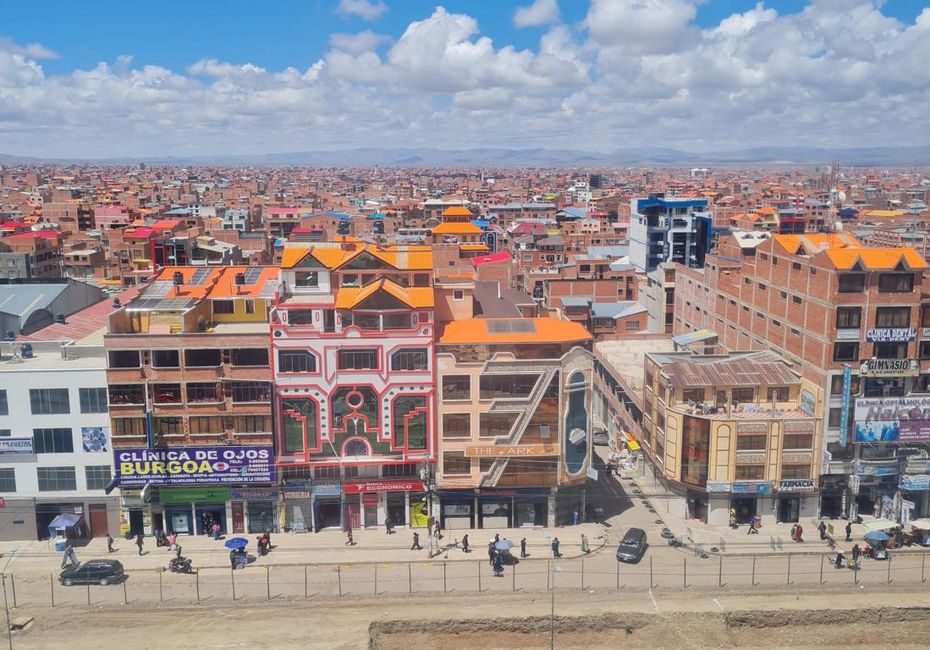
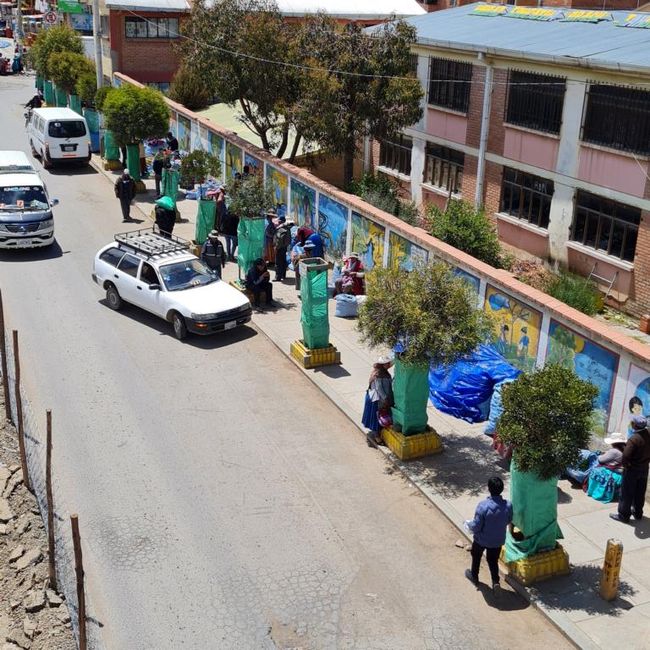
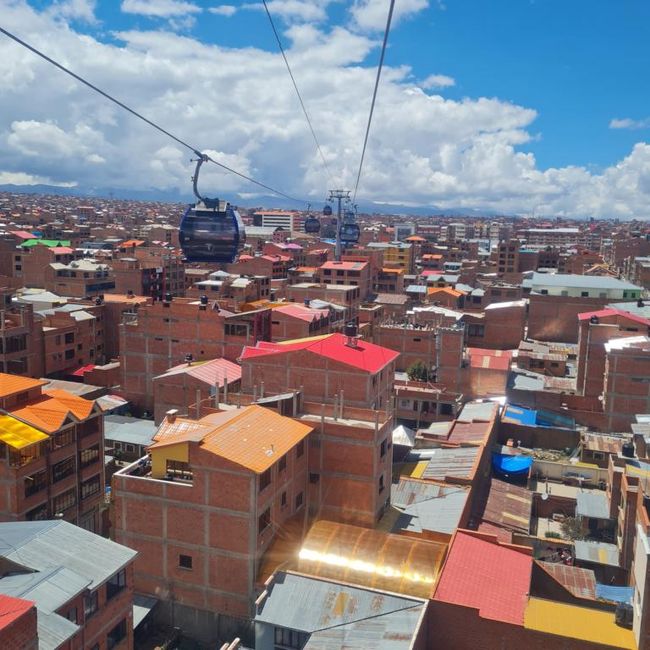
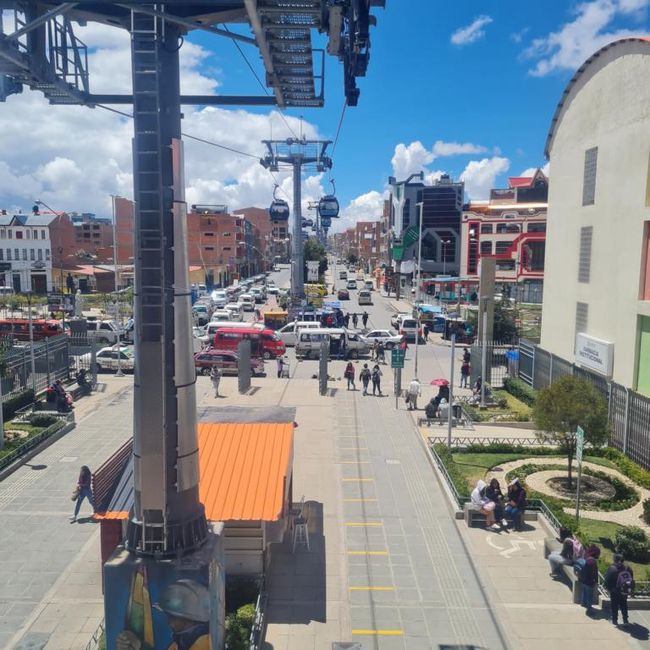
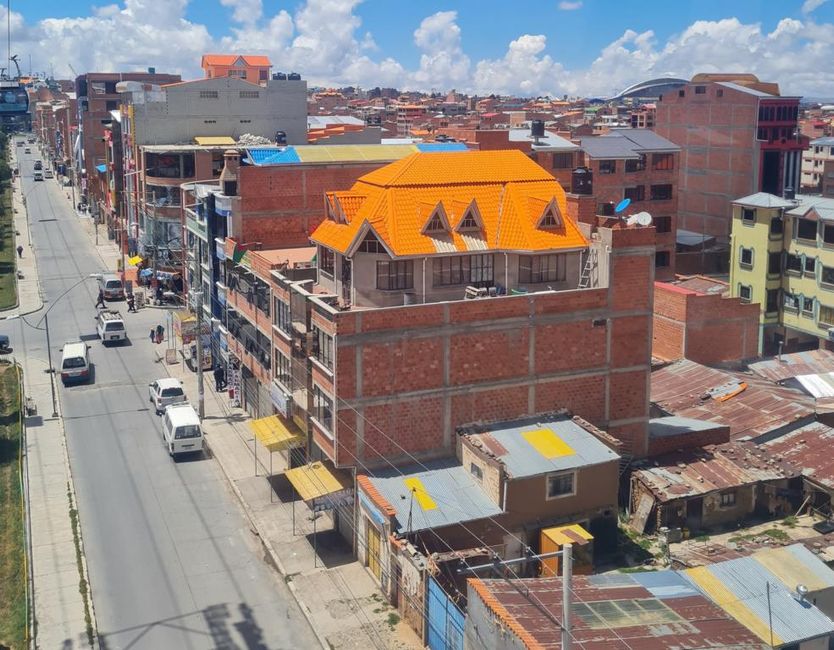
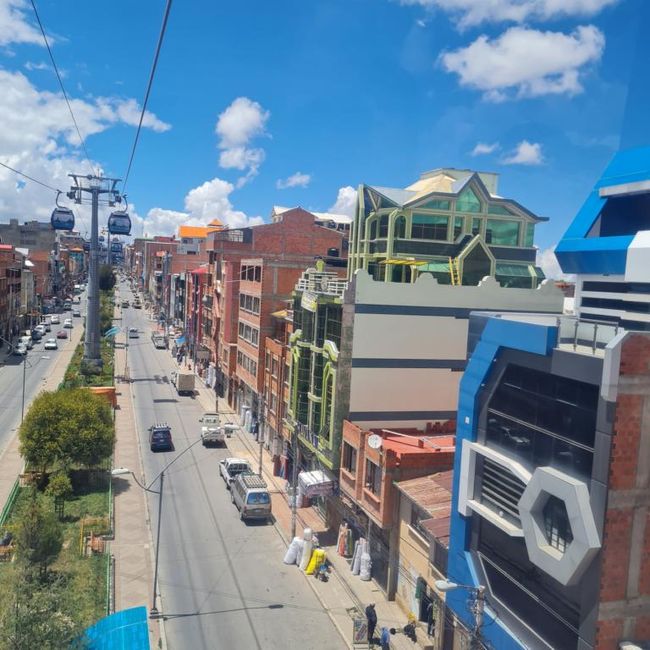
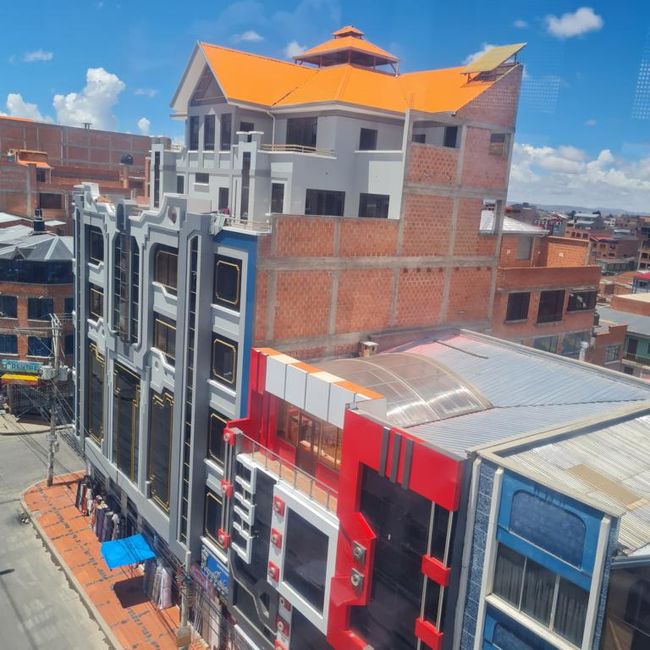
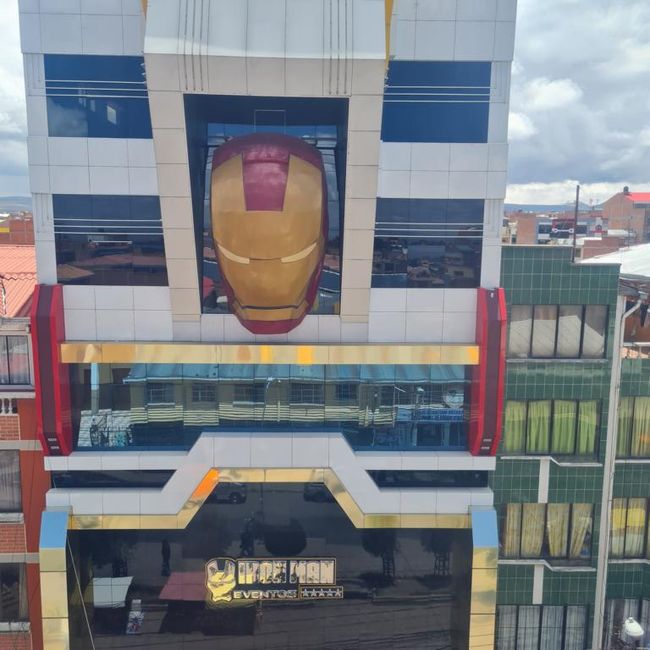
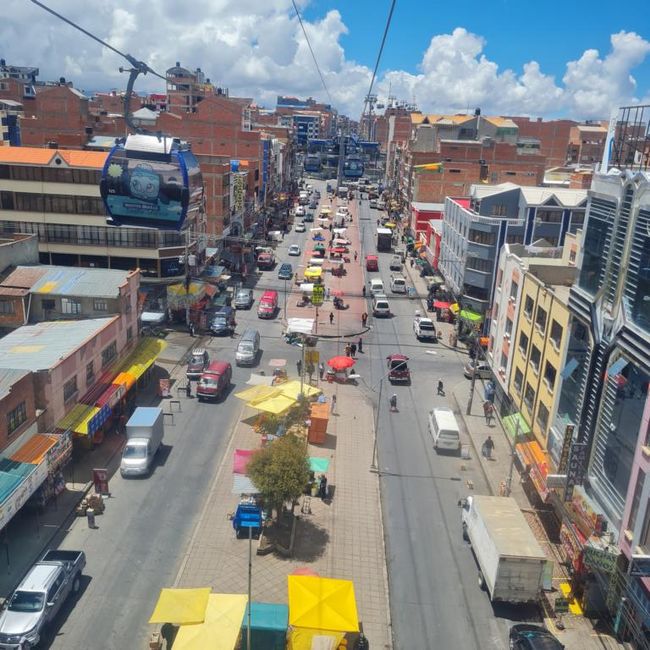
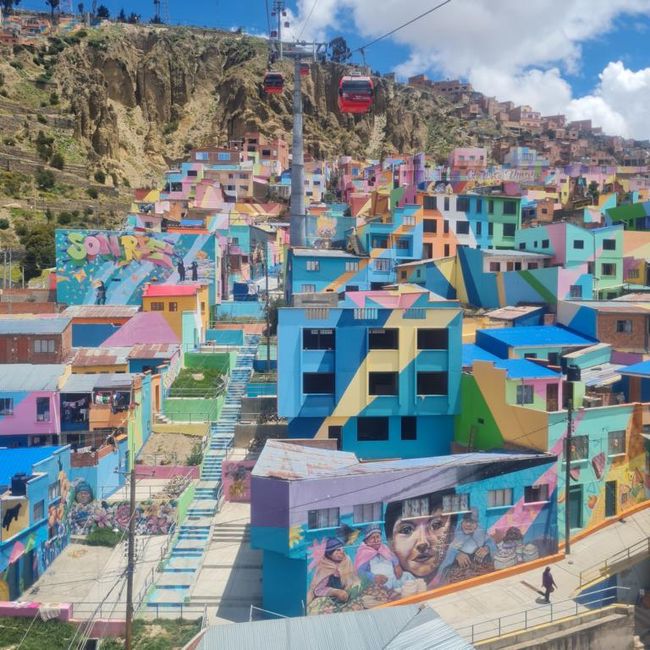
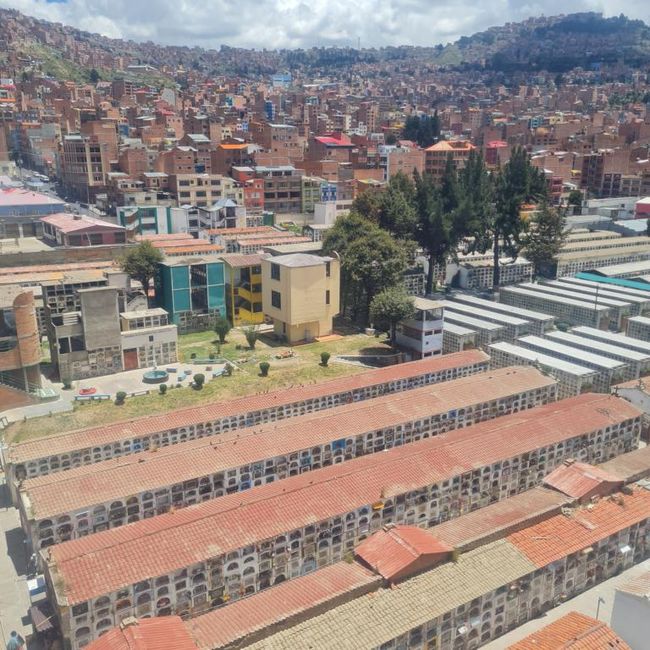
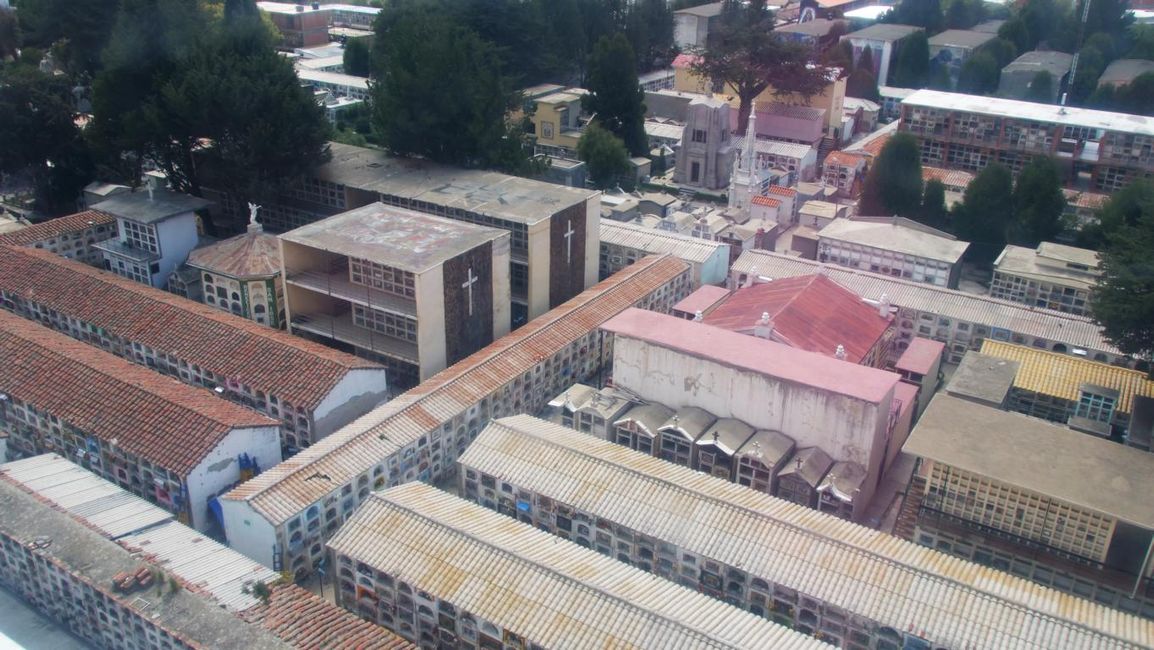
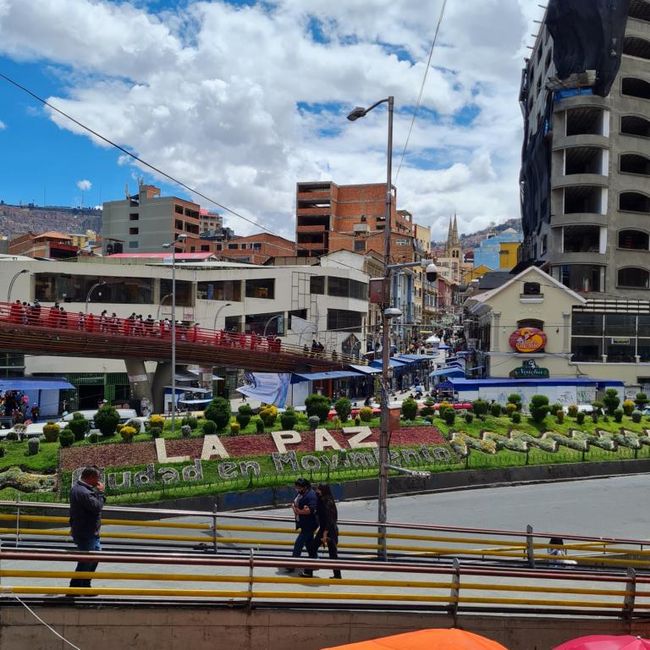
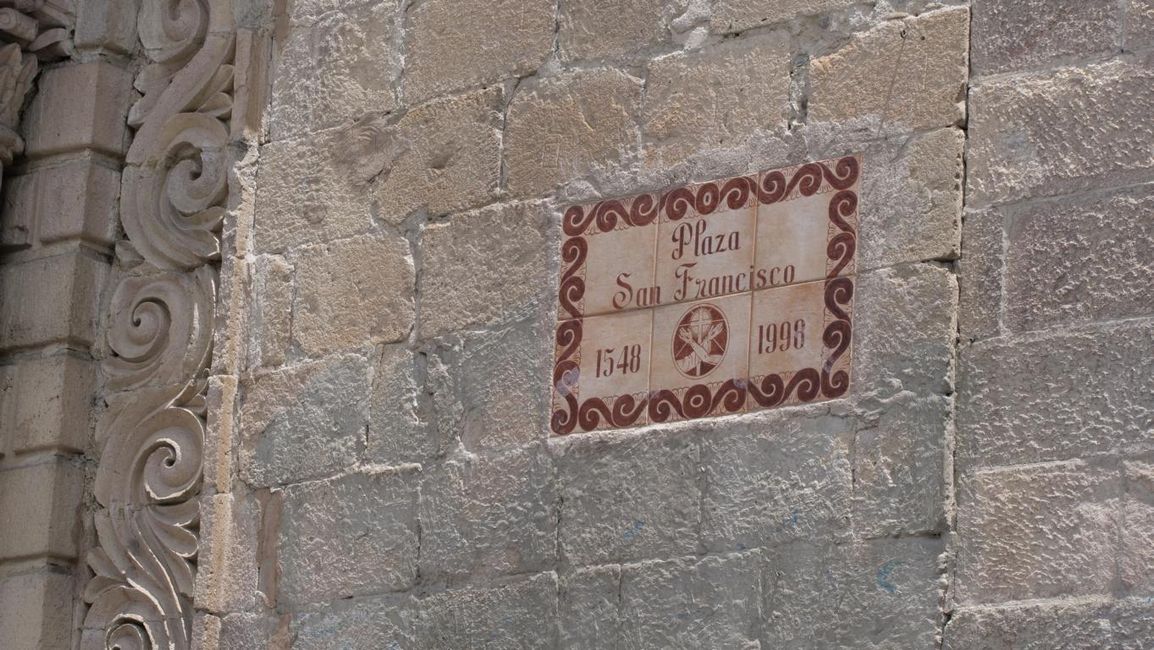
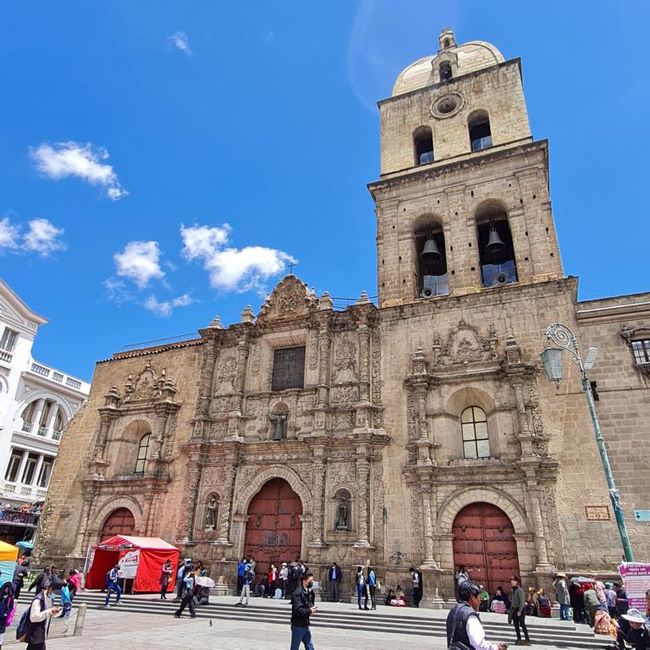
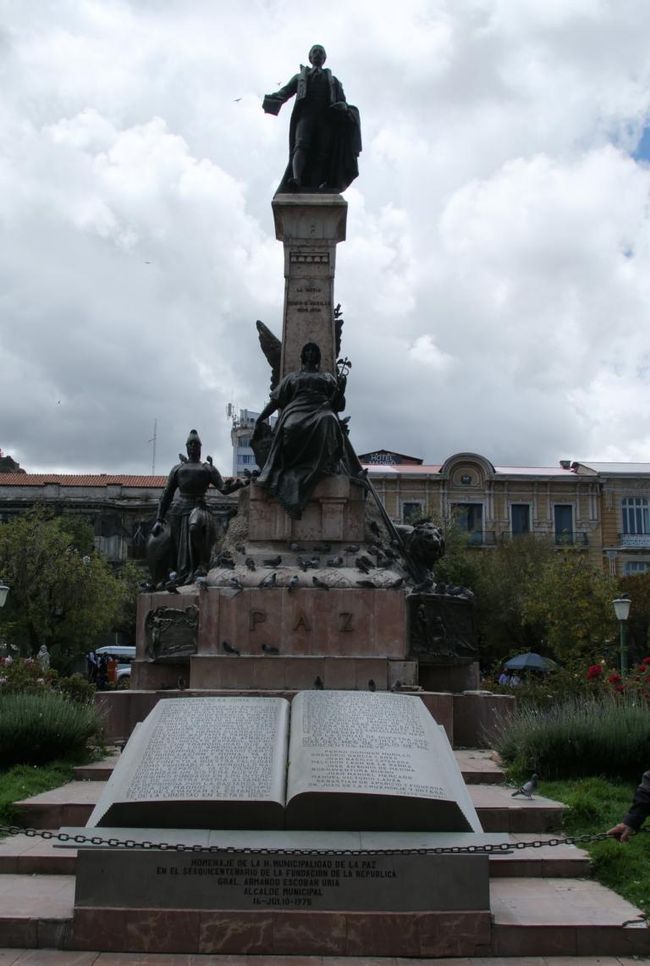
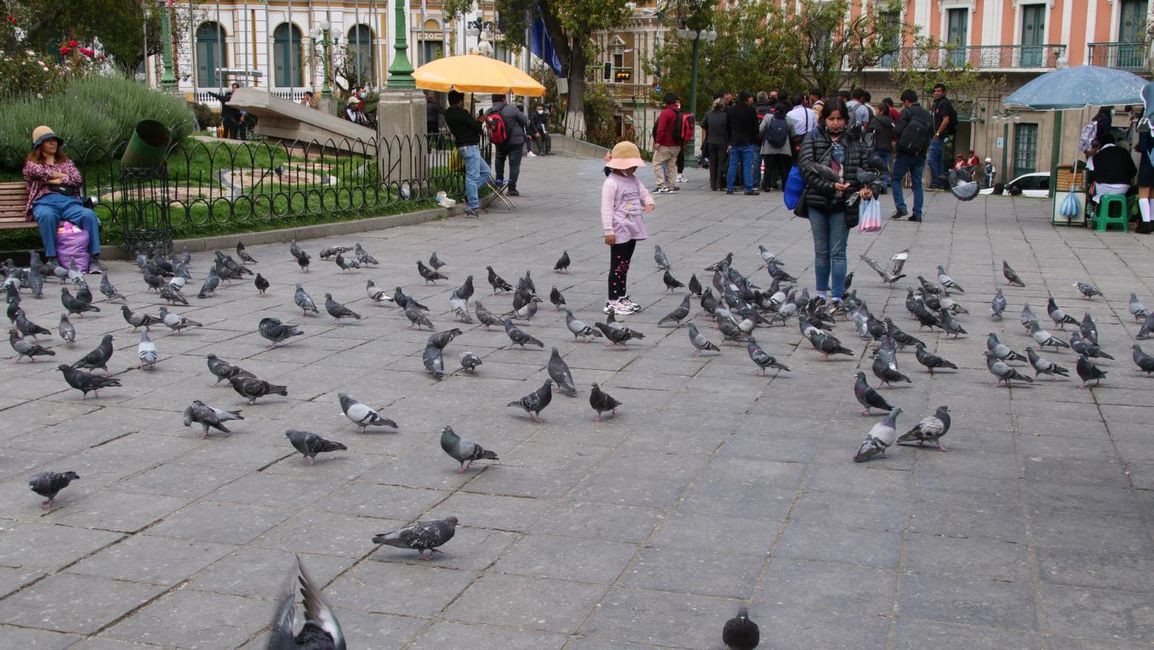
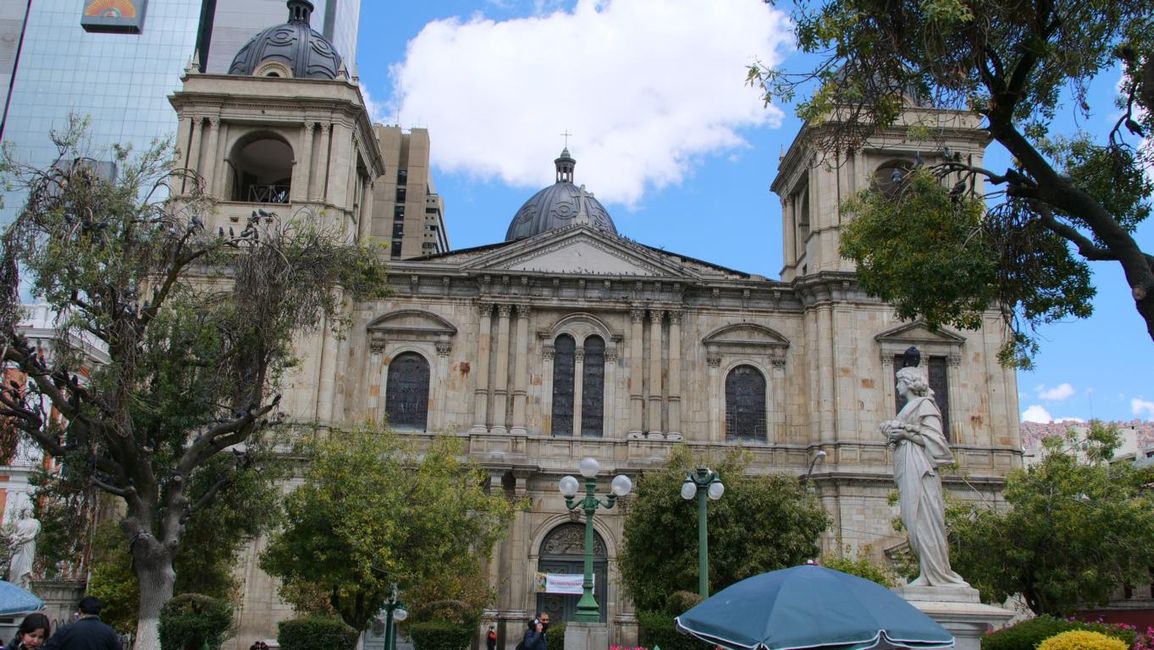
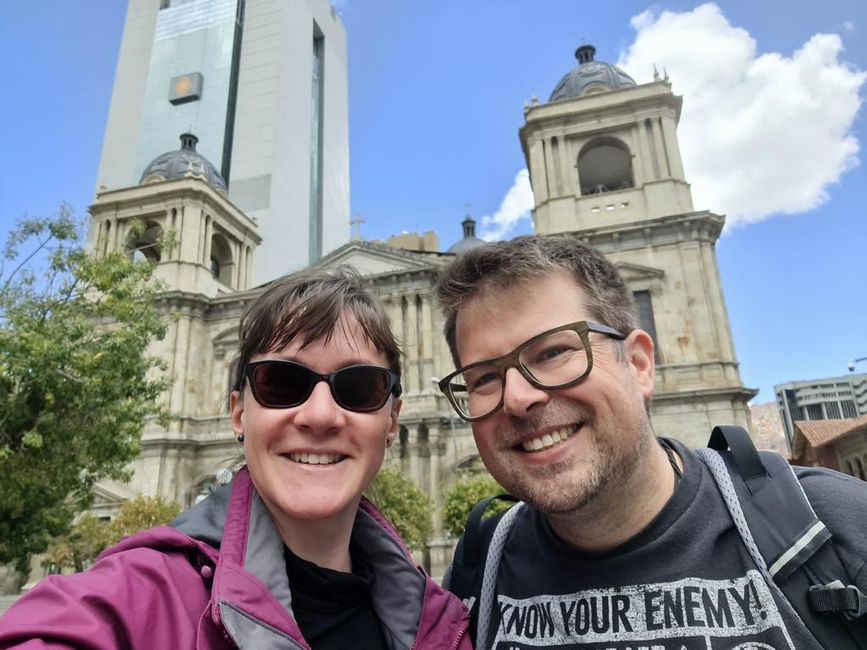
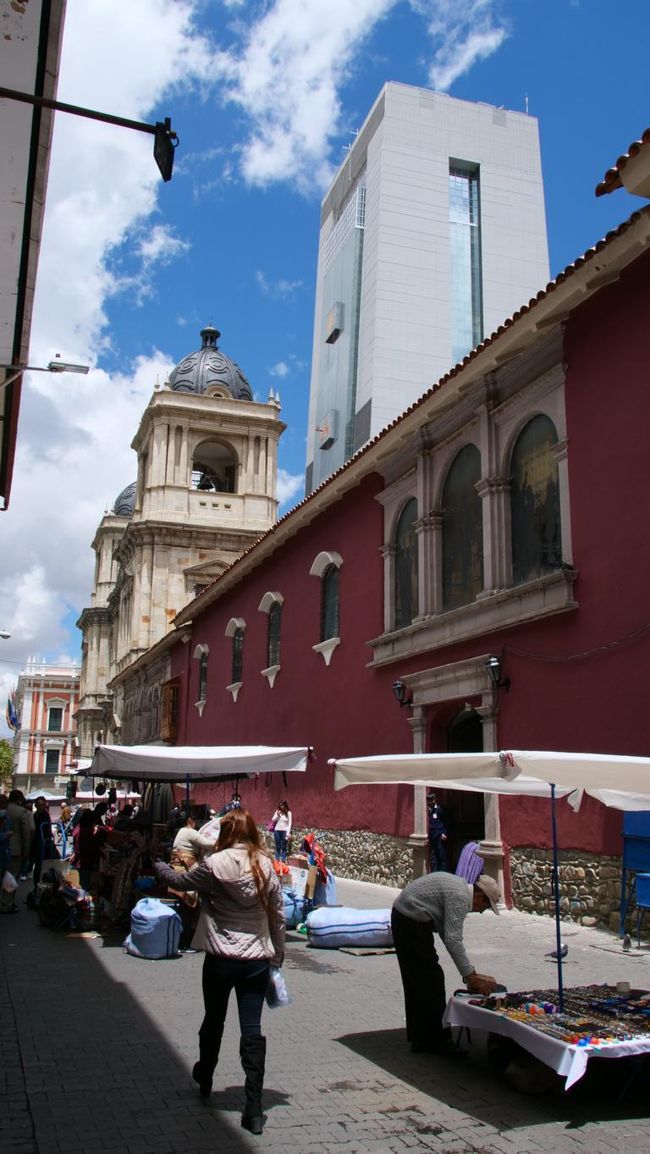
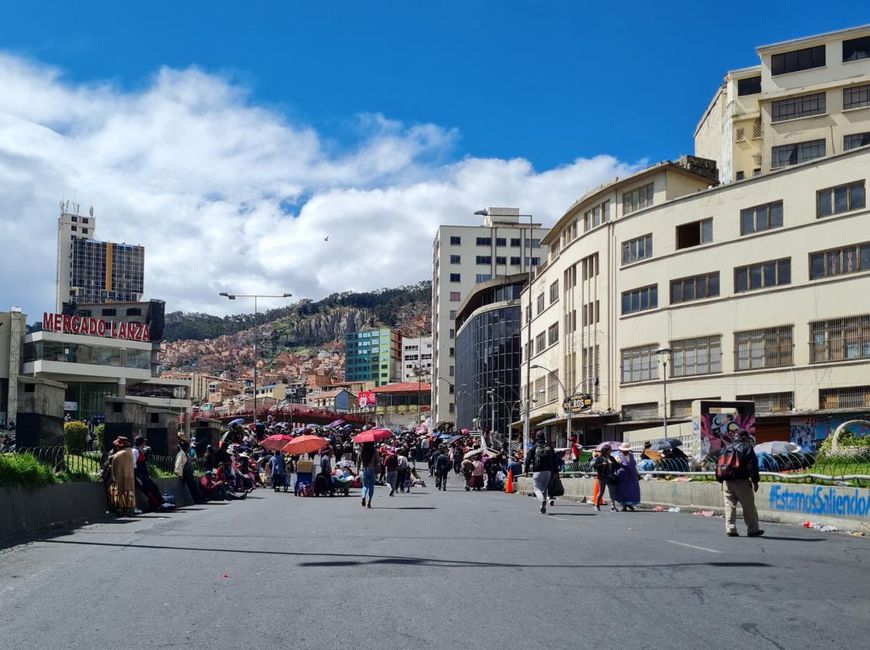
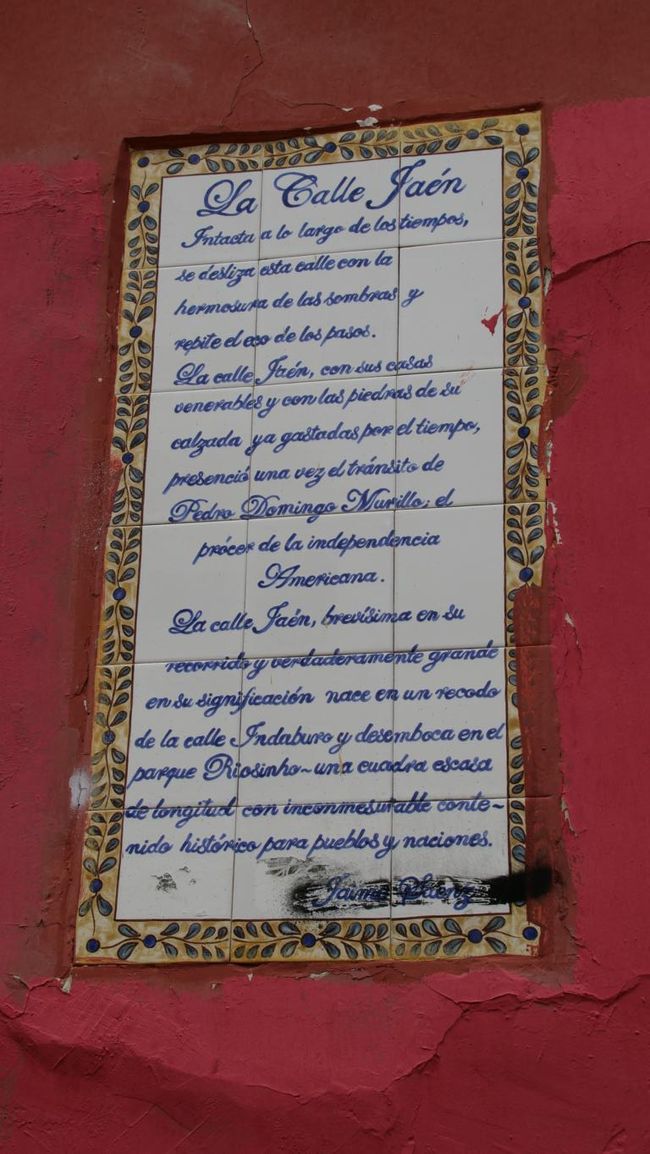
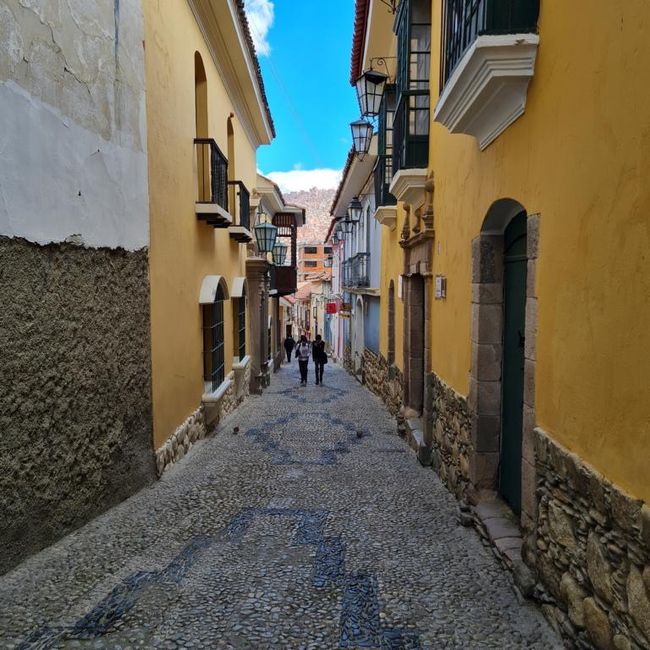
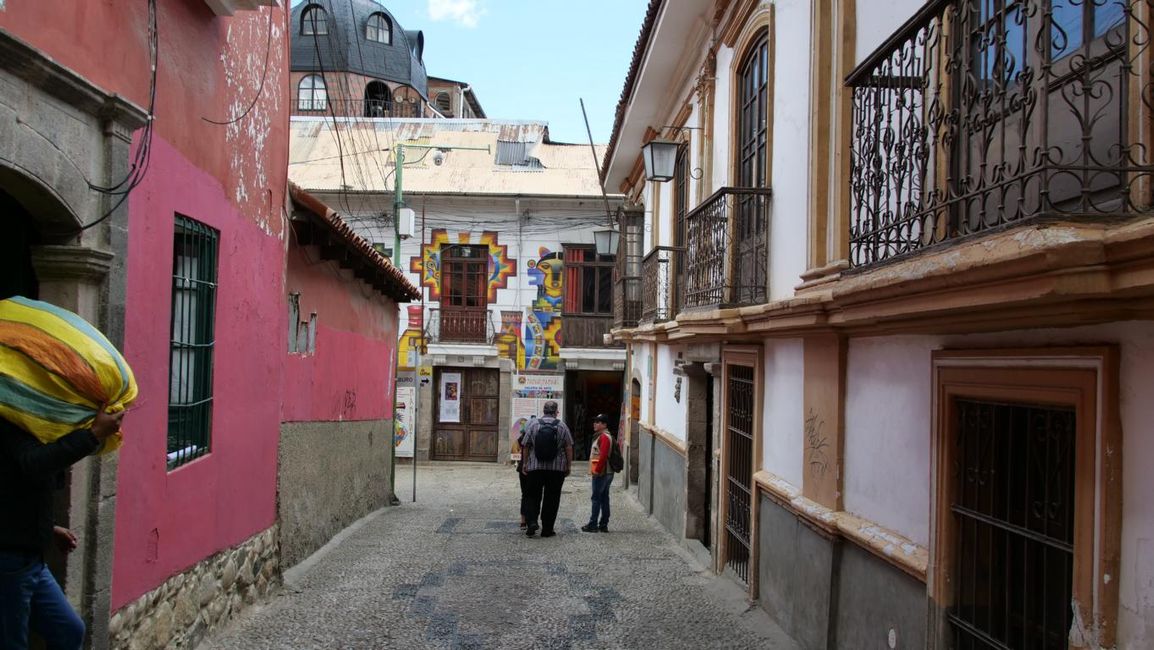
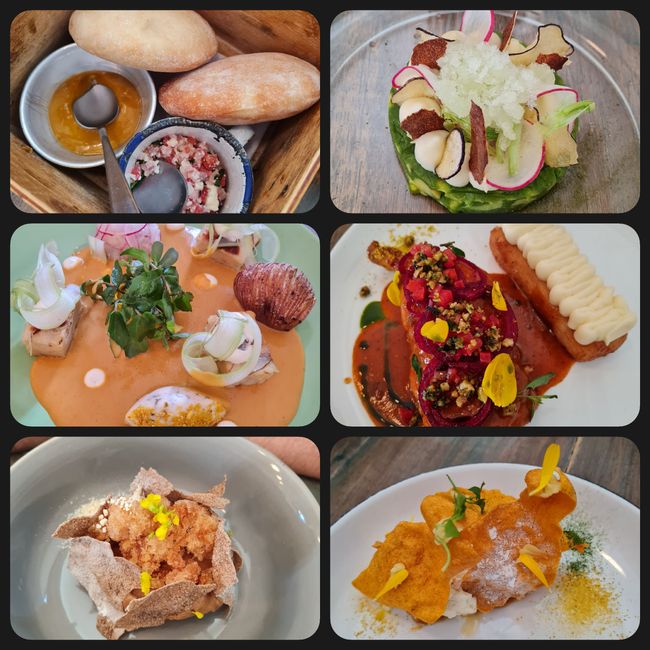
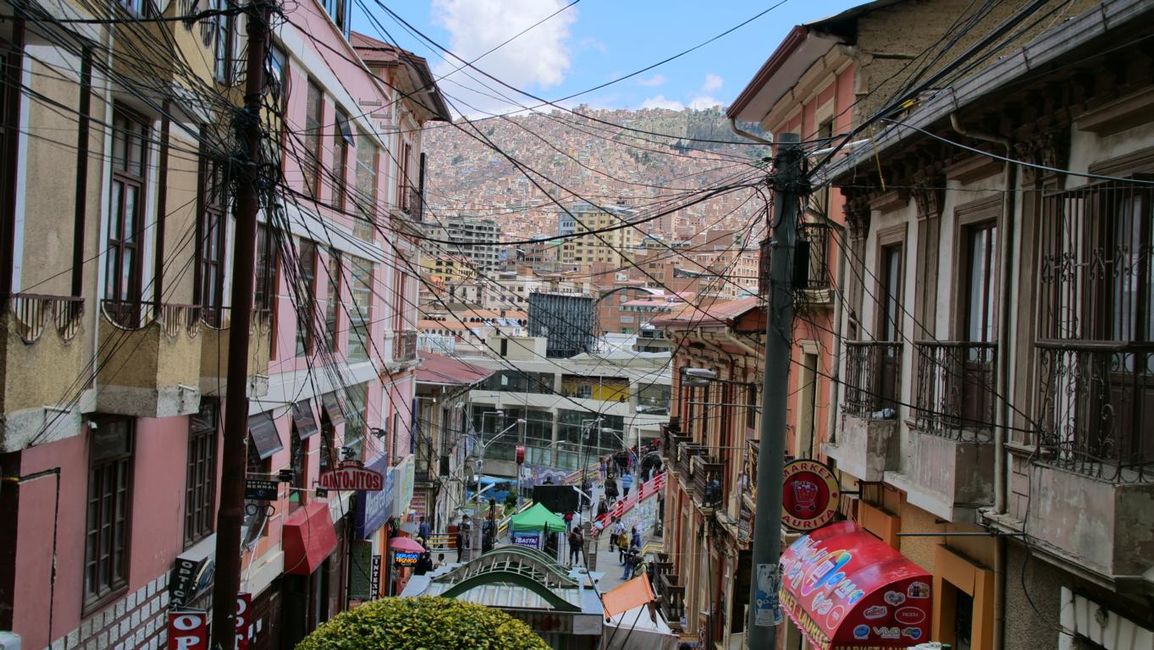
Ku biir Wargeysyada
We drove through the city of El Alto, which until 1985 belonged to La Paz, to our next city destination. From here, we already got the first impressions of La Paz - full and huge. In fact, La Paz itself is not that huge, as it is only the 3rd largest city in Bolivia. Nevertheless, it is unique, because with an elevation of 3,600 meters above sea level, La Paz is the highest capital city in the world. We arrived at the bus station, took a taxi to our apartment, and settled in. After that, we only walked to Plaza Sucre and had to conquer some more altitude.
The next day, it was time to explore the sights of the city. This time we took a taxi to the old town district to save some energy for exploration. First, we visited the markets, starting with the Witch Market. El Mercado de las Brujas is probably one of the most unusual markets we have ever seen. Here you can find all sorts of bizarre things that locals need for religious and spiritual purposes. Among them are herbs, lucky charms, and llama fetuses, that is, dead unborn llama babies that are walled into the corners when building houses to appease the gods and bring their blessings upon the house and family. Right after that, we visited the Black Market. It's not just called that, it's actually the black market of the city. The sellers pay few to no taxes, but the police turn a blind eye here because the market is important for the economy of La Paz. We continued walking through the streets to the old main train station. It is no longer needed today, as there are no trains running to La Paz, but the red line of Mi Teleferico starts from there. That's what the cable car network of La Paz is called. You can ride over 30 kilometers across the city on 10 different lines and get off at 26 stops. The ticket prices are very affordable so that locals can afford the rides, and thus, traffic on the streets is relieved. We took the red line to the final stop in El Alto, took another look at the dimensions of the city in its valley, and then continued with the blue line. This line goes over the houses and streets of the city of El Alto. Very interesting, a good relief for the streets and also a great attraction that the Austrian company Doppelmayr has built here. We took the same route back down and then continued on foot. At the Plaza Mayor de San Francisco, we encountered a large number of people and admired the San Francisco Church, which was started in 1549. Under Spanish rule, it served as a starting point for the Christianization of Bolivia. We saw the city's cathedral, the government palace, and the parliament building at Plaza Murillo, but also a lot of pigeons that are fed here by locals and tourists. Our last stop was La Calle, the colonial street. It is actually one of the most beautiful streets in the city with its historic buildings.
No matter where you look in the city, the streets are full of cars, taxis, and street vendors. Between the facades, there is a tangle of power lines, and at the end of each street, houses have grown on the mountains.
The next day, we treated ourselves to a good and very affordable 3-course meal, and then we booked two seats on the night bus again.
Ku biir Wargeysyada
Jawaab (1)
Ute
Beeindruckende Bilder. War bestimmt sehr schön. Die Regenschirme sind witzig 👍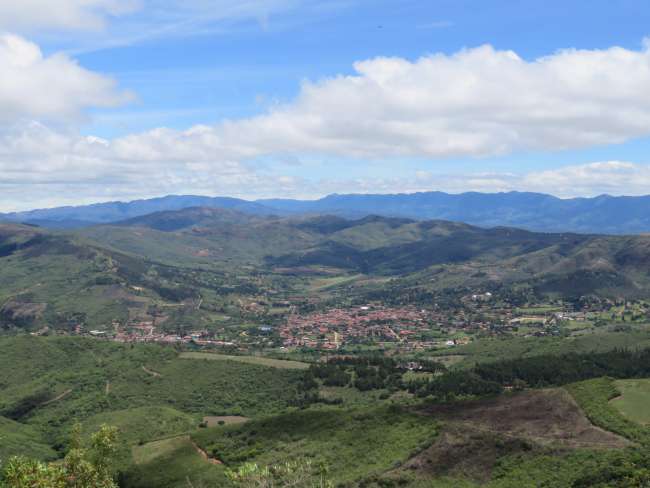
Warbixinaha safarka Bolivia
